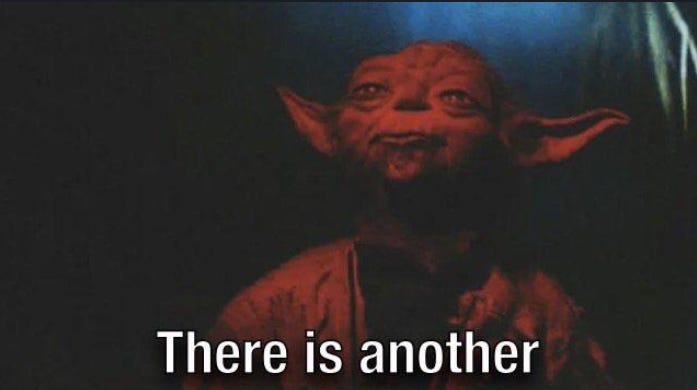'Crosses are symbolic, not corpses': Mchunu hits back at Trump's 'white genocide' fiction
23 May 2025 - 15:35
 Just R20 for the first month. Support independent journalism by subscribing to our digital news package.
Just R20 for the first month. Support independent journalism by subscribing to our digital news package.
Police minister Senzo Mchunu says claims of a “white genocide” in South Africa are “totally unfounded and unsubstantiated”. File photo.
Image: BUSINESS DAY/FREDDY MAVUNDA
Police minister Senzo Mchunu has dismissed claims of a “white genocide” in South Africa.
Speaking at the announcement of the latest crime statistics for the fourth quarter of the 2024/2025 financial year, Mchunu called the narrative “totally unfounded and unsubstantiated”.
This follows a high-profile meeting between President Cyril Ramaphosa and US President Donald Trump on Wednesday.
The controversy reignited after a video was shown during the meeting depicting a rural South African road lined with 500 white crosses.
Trump, visibly disturbed, remarked: “It's a terrible sight. I've never seen anything like it. Both sides of the road, you have crosses. Those people were all killed.”
A surprised Ramaphosa responded: “Have they told you where that is, Mr President?” to which Trump admitted, “No, but it is in South Africa.”
Trump also flashed an article with a screenshot image of body bags of people killed during fighting in the Democratic Republic of Congo, which he erroneously said were of “white farmers that are being buried”. Reuters, the news agency which filmed the event, corrected the president's information.
Mchunu clarified the origins and meaning behind the video footage of the road of crosses that has been circulating in the US and internationally.
“The crosses symbolised killings on farms over years, they are not graves.
“It is a sad story of Mr Glen Rafferty and Mrs Vida Rafferty — they were sadly murdered by criminals in their home. The incident sparked a very strong protest by the farming community,” said Mchunu.
A video of the demonstration was filmed along a dirt road between Newcastle and Normandien in KwaZulu-Natal after the 2020 murders of the Raffertys on Hanover Farm.
Their deaths led to mass protests by the local farming community and the placement of symbolic white crosses along the roadside to highlight rural safety concerns.
Glen and Vida Rafferty were murdered in August 2020 on their farm at Normandien, KwaZulu-Natal. File photo.
Image: Facebook
“Three suspects were arrested and sentenced for their murder and they are in jail. This debunks the claim that nothing gets done when crime is committed.” said Mchunu.
Mchunu expressed frustration at what he termed foreign misinterpretations of South African crime dynamics.
“In the last few days we have seen conversations and concerns about crime in South Africa taking a totally different turn. The term 'genocide' got forcefully introduced to the scene, in a distinctly foreign and strange manner. We have respect for the US as a country, we have respect for the people in that country and for President Trump, but we have no respect for this genocide story — at all.”
He said claims of systematic targeting of white farmers had not only been exaggerated but were also actively disproved by South Africa’s functioning justice system and investigative processes.
“South Africa is a fully democratic state, with a lot of NGOs, NPOs and free media — they would have run headlines both locally and abroad if there was any genocide.”
Mchunu pointed to the recent rescue of American pastor Josh Sullivan, who had been kidnapped in Nelson Mandela Bay, as further evidence that South African authorities act decisively, regardless of nationality or race.
“Again, law was enforced,” he said.
“We do not deny that the levels of crime in the country are high — we are very concerned. Crime cuts across all divides.”
During the briefing, Mchunu acknowledged the country’s ongoing struggle with crime but maintained that government efforts to curb criminal activity were producing results.
He praised the South African Police Service (SAPS) for its continued commitment.
“The crime stats we are presenting today will show progress. We commend and encourage the SAPS to fight on and harder. We will win.”
Then police minister Bheki Cele in Newcastle where he convened a safety imbizo after the deaths of farmers in 2020.
Image: Sandile Ndlovu
The Rafferty murders drew national attention in 2020, prompting a visit from then police minister Bheki Cele and a high-level prioritisation of the case. The farmer-led protest six days after the killings was a cry for better rural protection — not an organised memorial for individual victims.
 Just R20 for the first month. Support independent journalism by subscribing to our digital news package.
Just R20 for the first month. Support independent journalism by subscribing to our digital news package.










